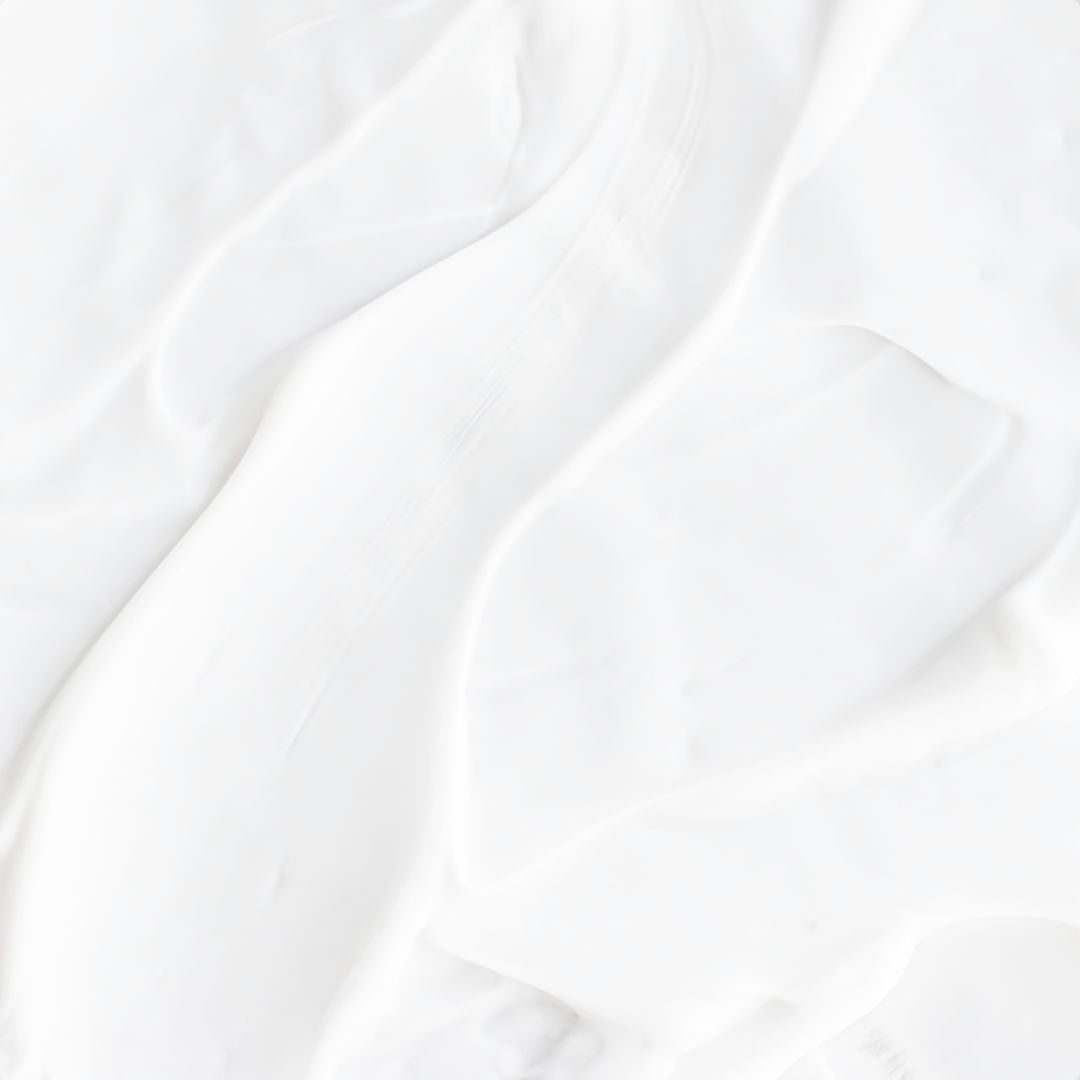Let’s get this straight - your skin is way smarter than you think!
The skin is roughly divided into 3 main layers: The outer layer (epidermis), deeper layer (dermis) and the deepest subcutaneous layer (hypodermis).
You can think of the epidermis as the protective barrier that prevents foreign substances like bacteria from entering our body and helps retain water inside of our skin.
When the skin barrier is damaged (aka “compromised”), it cannot hold onto moisture well, resulting in water evaporating from the skin to the environment more easily, and can lead to dehydration. This process is known as transepidermal water loss (TEWL).
In low humidity environments, the rate of TEWL is higher, which explains why dry skin is common during winter.
Also, when the integrity of the skin is compromised, permeability increases. This means that nasty pathogens, allergens and irritants from the environment that your barrier normally block out, can now easily enter the skin. This can cause or worsen inflammation and sensitivity.
So, what are some signs that your skin barrier has been compromised?
Look out for things such as redness, tightness, dryness, flakiness, itchiness and sensitivity. The skin may also look dull and have noticeable fine lines or wrinkles.
Over-washing and over-exfoliating are some of the biggest culprits causing compromised skin. The skin barrier can also be disrupted by layering of too many products, or from the use of high pH (alkaline) cleansers, strong actives like acid peels and harsh, sensitising ingredients. Other reasons include inflammation resulting from stress, lack of sleep, air pollution and dry air.
People with skin conditions such as eczema, rosacea, psoriasis, etc, also tend to have compromised skin barriers.
Our skin is our body's LARGEST organ, and it’s important to treat it with care to keep it healthy and happy! We regularly post tips on how to best care for your skin, so join us and subscribe to our newsletter if you’d like to learn more!
Compromised Skin Barrier – What Is It? Find Out If You Have It.
Posted by kansoskin Team on




